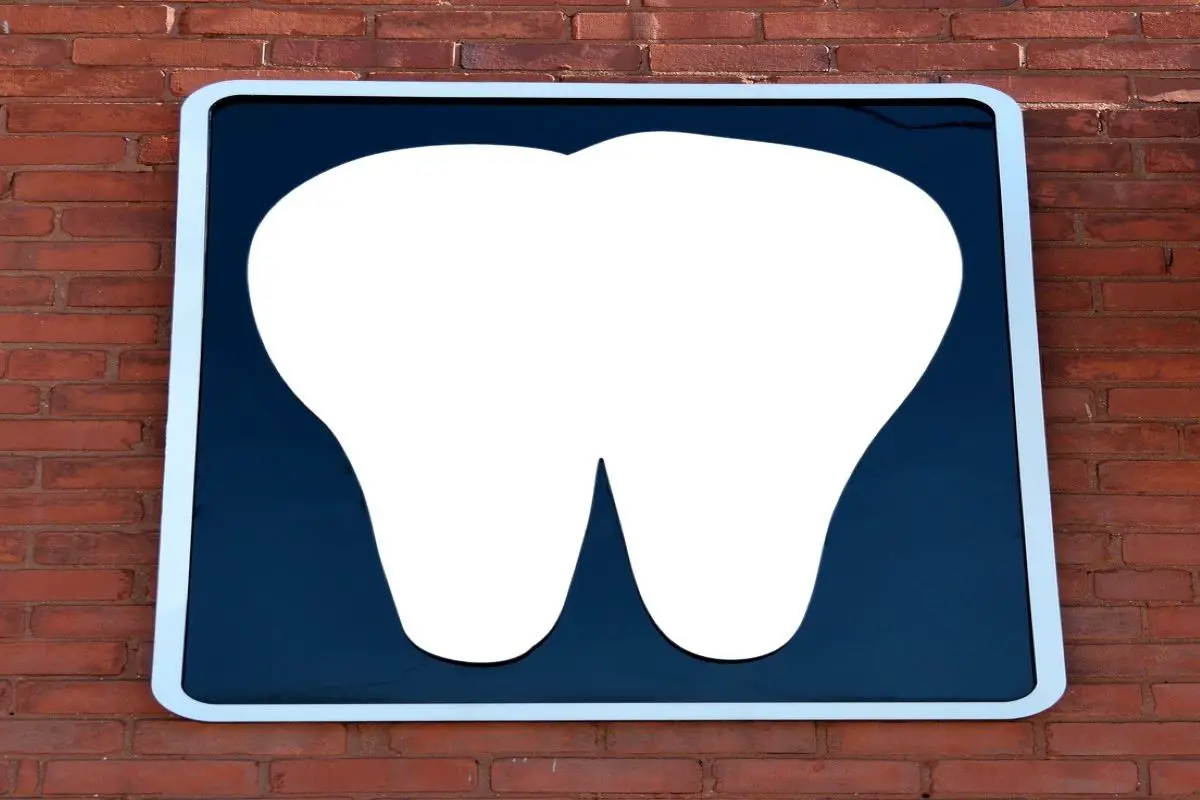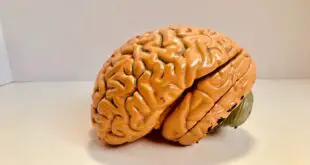Wisdom teeth are the third set of molars. They’re typically at the back of your mouth, pushing for space. Most people have four of these teeth, but some only have two or three, and some don’t develop them at all. Removing wisdom teeth isn’t a common procedure, but there are times when it becomes necessary. So do everyone have wisdom teeth? Let’s find out more about this topic!
Wisdom teeth are the third molars, located in the back of your mouth. They usually come out when you’re between 17 and 25 years old.
You can have from none to four wisdom teeth. They don’t always come out in pairs—some people have one wisdom tooth, some have three, some have two on the bottom and none on top, and so on. Wisdom teeth can be impacted (stuck) or not. If they’re impacted, it can be a problem because they may push your other teeth around or cause an infection.
Contrary to their name, wisdom teeth do not make you smart! They are called wisdom teeth because they appear when a person is older, and therefore “wiser” than they were as a child.
What Are Wisdom Teeth?
Wisdom teeth are a set of molars that typically grow in during the teenage years or early twenties. Also called “third molars,” they are the last teeth to erupt during the eruption cycle.
Why Do We Have Wisdom Teeth?
Wisdom teeth were important for our ancestors because their diet was mostly made up of rough and solid foods. This required a lot of chewing, which wore down their molars over time. As humans evolved and began eating softer foods, this was no longer necessary and so wisdom teeth became obsolete.
How Many People Need Their Wisdom Teeth Removed?
When wisdom teeth fail to erupt properly, people usually need them extracted because they can cause severe pain and other dental problems. About 75% of people will eventually need to have their wisdom teeth removed.
Why Don’t All People Get Wisdom Teeth?
Two hundred thousand years ago, human wisdom teeth were larger and pointier than they are now. However, as our diets became softer, our facial structures gradually changed to accommodate that change. The modern human skull is smaller than it was in the past, which means there’s less room for wisdom teeth. Many people simply can’t fit all four of their wisdom teeth into their mouths.
In the past, people needed to chew tough foods and grind down bones to access the nutritious marrow inside. Wisdom teeth helped them do that. Nowadays, however, most humans eat food that’s already been prepared for us—by machines or other people—and don’t need to use our jaw muscles that much anymore. Some experts believe we may lose wisdom teeth completely within the next few thousand years!
So why don’t all people get their wisdom teeth removed? Well, some people simply don’t have enough space in their mouths for wisdom teeth to come in at all! For these lucky ducks, it’s not even an issue. For everyone else… well, you’re probably spending the summer with a mouth full of gauze.
When Does The Wisdom Tooth Start Coming In?
Dentists say wisdom teeth usually come in between the ages of 16 and 18, but in some cases, they come in a bit earlier or later. The first wisdom tooth—the right one—usually starts coming in between the ages of 16 and 18. That’s why it’s important to get them out when you’re young. And that’s what our experts tell us is best for YOU.
But there are other factors that determine when your wisdom teeth start coming in. Like if you have an overbite or underbite, which is when your upper teeth don’t fit into your lower jaw. Also, where you live. Wisdom teeth often come in a little bit later if your city has a lot of pollution, like smog or heavy traffic.
And, of course, there’s genetics too: Some people have more than one set of wisdom teeth; others have none at all because their genes just don’t allow for it.
So we want you to be as prepared as possible before you get your wisdom teeth removed by getting braces as soon as possible after they erupt through your gums (although waiting until age 18 can really help you avoid all this). braces can help make sure they don’t come out too early or too late so they’re easier to handle.
How Does The Wisdom Tooth Help?
Wisdom teeth are the back of your mouth, at the top and bottom. People call them wisdom teeth because they come out last (when you’re older, and hopefully wiser).
Some people never get their wisdom teeth, and that’s totally normal! Some people do get them, but they don’t come out all the way or they come out straight. This can also be normal! But when wisdom teeth are crooked or impacted (stuck in your gums), they can cause problems.
Do All Wisdom Teeth Have Complications?
The answer to the question does everyone have wisdom teeth and this question is no. But there are more problems associated with wisdom teeth than other teeth, so if you have an issue, it’s likely to be with a wisdom tooth.
If you do have problems with your wisdom teeth, it’s important to seek dental help as soon as possible. While some issues with wisdom teeth are minor and easily managed, others can cause serious long-term damage or lead to other health problems. Find out more about the different complications that can occur when your wisdom teeth come in.
When Should You Visit A Doctor For Wisdom Tooth Extraction?
If your dentist has recommended wisdom tooth extraction, he or she will likely recommend that you have it done sooner rather than later.
Because wisdom teeth are usually the last teeth to emerge in a person’s mouth, they often encounter problems with the available space in the mouth when they come in. This can lead to issues such as impacted wisdom teeth that don’t emerge at all because there is no room for them in your mouth, or only partially emerge and leave the door open for infection.
A dentist will likely recommend that you have your wisdom teeth extracted if they are causing pain or discomfort, especially if they haven’t fully emerged yet. In addition, you should consider having them removed if they are starting to break through but are not aligned correctly yet. This can cause problems with chewing and eating, and may result in misalignment of other teeth down the road.
Is It Important To Extract The Wisdom Tooth?
Apart from asking does everyone have wisdom teeth, people also ask if they need to get their wisdom tooth extracted. The wisdom tooth is the last adult teeth to develop and appear. Wisdom tooth extraction is a common procedure that is usually recommended when the teeth begin to cause pain or become infected.
Wisdom teeth can impact oral health in several ways:
- They often become impacted, meaning they do not fully emerge from the gum line. This condition can lead to infection and cysts.
- They may crowd surrounding teeth, causing issues with alignment and bite.
- They cannot be easily cleaned and can therefore worsen existing dental decay or put you at risk of developing periodontal disease.
Wisdom tooth extraction involves removing the tooth from its socket in the jawbone. The procedure is typically performed under general anesthesia but your dentist will discuss your options with you beforehand.
Conclusion
If you’re still wondering does everyone have wisdom teeth, you should worry about how your wisdom teeth will turn out. You should talk to your doctor about your specific situation if you aren’t sure whether or not you need to have your wisdom teeth removed. They will be able to tell you if you pose a risk because of the position of your wisdom teeth. It is highly recommended that you get them examined at least once as well, particularly if they are already bothering you in any way.
You May Like These Articles As Well:
Is An Overbite Normal? What You Already Know Might Not Be Correct
Why Am I Stressed For No Reason: 6 Shocking Reasons And Solutions
 Being Human
Being Human




